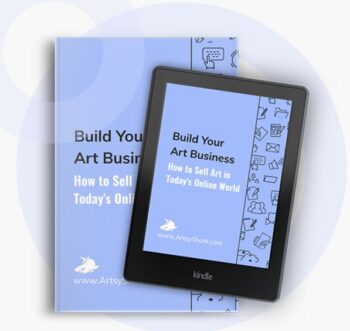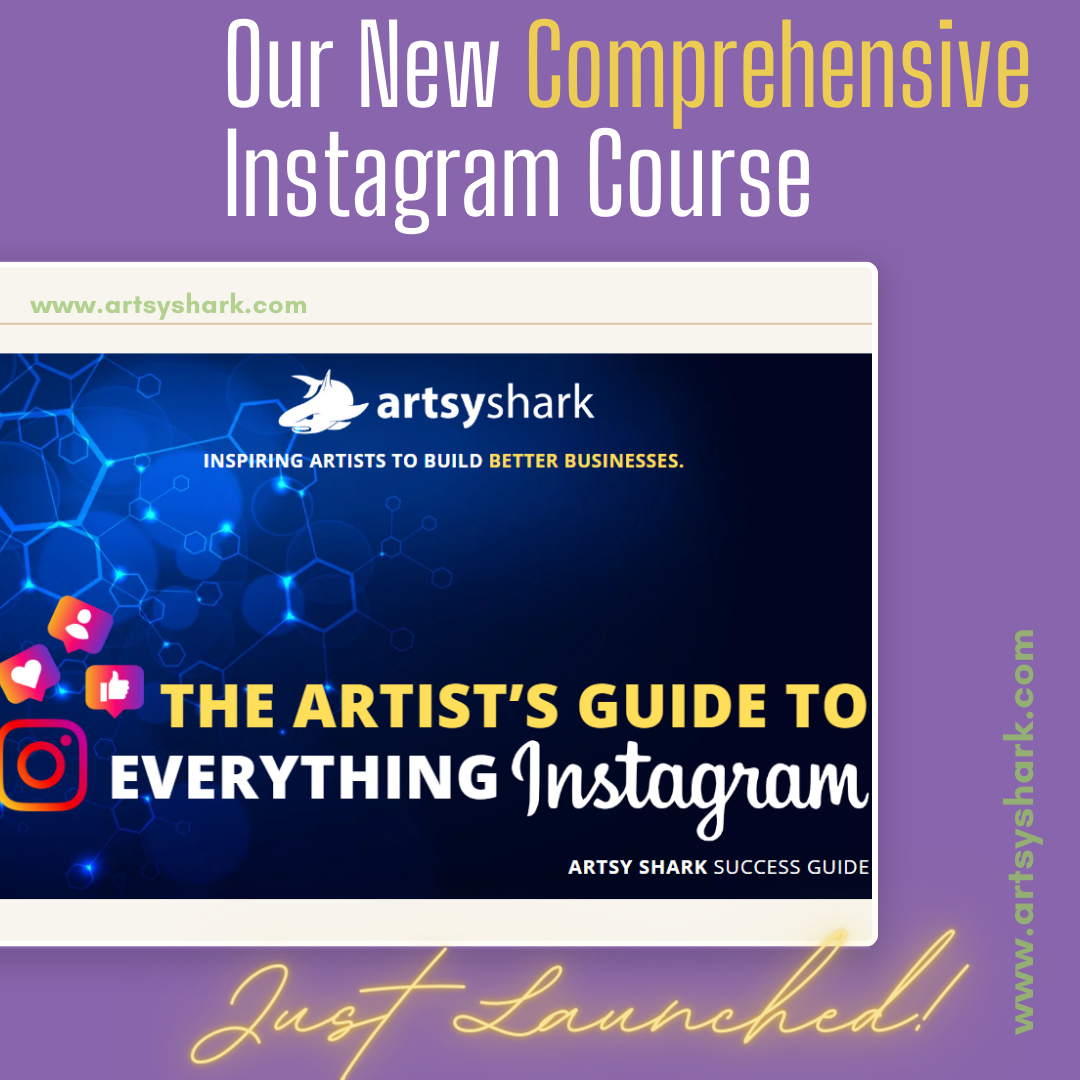By Carolyn Edlund
You don’t have to be hopeless when it comes to finances. Here are some answers to make sense of business, art and money.
Artist and money expert Luna Jaffe knows art, and she knows artists. Her financial practice specializes in working with creatives to better understand and manage their money, using training and techniques that make sense to right-brain thinkers. Luna agreed to answer some questions for artists who would like to improve their financial acuity.
AS: It’s a stereotype that artists don’t have a mind for financial matters. In your experience, is that true?
LJ: Being that I’m an artist myself, and I spent 12 years running a wholesale and retail wearable art company, what I know is that it’s not necessarily that artists don’t have a mind for finances, it’s that they don’t pause to realize they are running a business, and as such, most likely need to learn some skills. It dawned on me maybe 4 to 5 years into running my business that I should have my taxes done professionally. It took me another 5 years to hire a bookkeeper. That was the smartest thing I ever did because I had to get all my financial information together every month.
What I didn’t do was take a business class or seek out a mentor. That was a big mistake. The artists I work with were never taught how to manage money, and so they just assume they are bad at it, and they swallow the myth of the starving artist. Yet they are smart enough to create incredible art, they can figure out complex color theory or the chemical formulas for ceramic glazes—so money is just another skill, that can be learned.
Artists just need to leverage their creativity to their advantage and practice financial skills 5-10 minutes a day. It’s amazing how much better it feels when you know what you are doing with your money.
AS: What are the biggest financial mistakes that artists make?
LJ: Here are the top three mistakes I see creatives make when starting their business:
1. Running the business through personal checking and credit card accounts.
This is a problem for many reasons:
- You aren’t running your business professionally
- It’s a mess to sort out at tax time
- The IRS hates this
- It’s difficult to see how you’re doing in your business if everything is mushed together and
- It’s easy to over spend.
SOLUTION: You should have separate checking, savings and credit card accounts for your business
2. Overspending, and justifying these expenses as a deduction before there is income to deduct against
It’s so easy to get into a cycle of buying materials, paying for entry fees and expensive websites, then selling a few things and putting all the money towards the credit card, leaving you without any salary, savings or reserves for the next show or sale. I see people justifying big expenses by saying “It’s a deduction”, yet they have no income and therefore its useless.
SOLUTION: Before significant purchases (or smaller, frequent purchases) ask yourself “How long will it take for me to pay this off?” and “What is the cost (in interest) to buy this item if it takes xx months to pay it off?” and then be willing to ask yourself if it’s worth it, and/or if there is another way.
3. Having no strategy for making money with your art.
Oh, I see plenty of people that want to make money, but they don’t have a clear sense of what makes sense and what doesn’t. It’s easy to spend hours on products or services that actually end up costing you to produce even after selling them. This is a problem!
SOLUTION: You need a plan. This is where a business mentor or coach is very helpful. You must price your work well, understand how much you can and want to work, and what amount of inventory you can create over a specific time frame. Having multiple revenue streams is so helpful as you establish your business. You might teach, sell wholesale, do a few retail shows a year and solicit commissions. This really helps in these challenging economic times.
AS: Artist’s income can be very sporadic. What suggestions do you have to become more financially stable?
LJ: This is a favorite subject of mine, because I’ve lived with erratic income for over 30 years. It’s tricky. There’s this wonderful business term called ROI or return on investment, and if creatives paid attention to this they would have more money in their pockets. There are things we can do for fast money (teach a class, get a big wholesale order, work at Starbucks), and things we do for slow money (money that comes after a significant investment like getting a MFA or learning a new skill).
The key is to make fast money so you can pay for the things that generate slow money. There are times when the very best thing is to have a job, so the income is steady, and the pressure on your artistic self is minimized. Then as the business builds and revenue increases, scale back the day job.
AS: Should artists who feel incompetent with numbers simply hand the books over to an expert? What are the basics that they must know?
LJ: A great bookkeeper is a blessing. So what do you look for? If you have a tax preparer ask them what bookkeepers they like. If you don’t have one, look for someone who services the creative community and is fluent in the type of business you have. You want a bookkeeper who is experienced, talks to you respectfully and is a teacher at heart. Ask them these questions: How long have you been doing this? What makes you different from other bookkeepers? Are you willing to teach me how to understand the reports you generate?
Bottomline, whether you are looking for advisors for legal, tax or financial it’s important to trust your gut instinct, ask many questions, and interview 3-5 people. You’ll get smarter with each person you talk to… which is truly one of the best ways to build financial confidence.
AS: As a creative person yourself, you understand right-brain thinking. How do you work with clients to incorporate this into their financial life?
LJ: I use language and images to help clients explore their relationship with money. When doing financial planning I utilize mind mapping to simplify complex finances. I understand creatives and have great compassion for the feelings of shame and fear that permeate our relationships with money. My training as a psychotherapist gives me the ability to listen deeply, teach skills and nudge gently when clients meet up with their resistance to change.




Speak Your Mind